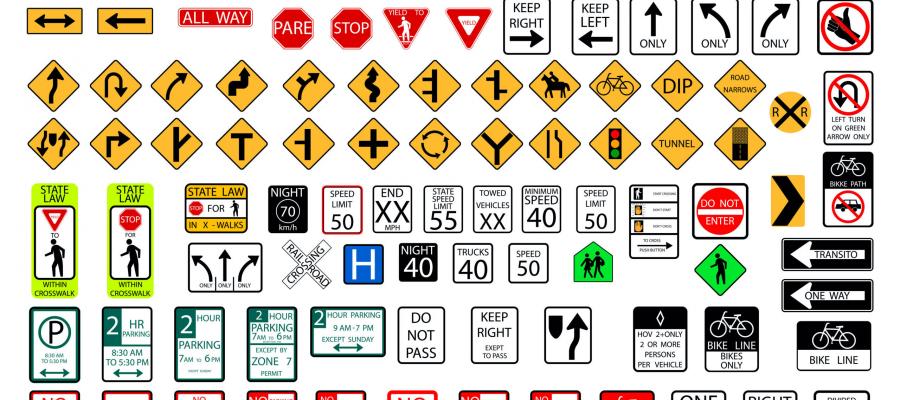Are Rules Meant to Be Broken?
Apr 27, 2025Rules exist for a reason: they tell us what to expect, they help us coordinate our actions, and they stop us from exploiting one another.

Have you ever driven 70 mph on a road where the speed limit is 65? Technically that's breaking the law; the police are perfectly authorized to pull you over and give you a ticket. But they're much more likely to use their discretion and let you go. And that makes sense: the point of the law is not to force everyone down to an exact speed but to keep everyone safe. That's the spirit of the law, and the letter isn't always the thing that counts.
The problem, of course, is that discretion can be abused. Those traffic cops could decide to pull over people who have a Phish bumper sticker, people in yellow cars, or people who look like philosophy professors. Discretion can be a recipe for acting on bias. Do we need rules about how to apply the rules?
That seems like an infinite regress (and indeed Immanuel Kant called it exactly that). So maybe what we really need is judgment. Judgment isn’t something you can codify in an instruction manual. It’s the kind of know-how you get from experience. We all know, and admire, people with excellent judgment: great referees, great judges, great film critics. Judgment can't be taught but it can be trained, and we should be aiming for a society with more of it.
Judgment won't solve every problem: if you’re the kind of cop who hates Phish fans, then more experience will just make you better at targeting them. So at the end of the day, we probably need a balance. We don't want to live in Kafka’s world, where everyone is a faceless bureaucrat shuffling papers around, and if they make a mistake and send you to jail, it's just too bad. But we also don't want to live in the world of Mad Max, where everyone takes the law into their own hands, and disputes are settled in the Thunderdome.
We want rules—and discretion when it comes to applying them. We want automated goal-line decisions—and referees who know when a player is faking injury. We want clear laws—and judges who use their discretion wisely, jailing the dangerous but, for minor infractions, occasionally taking broader concerns into consideration. How can we strike the right balance? And how can we train up a generation of judges with genuine wisdom?
We'll be looking for pearls of wisdom from our guest—it's Barry Lam from UC Riverside, author of Fewer Rules, Better People: The Case for Discretion.
Comments (3)
Mounfem
Sunday, May 18, 2025 -- 12:32 PM
Really enjoyed thisReally enjoyed this perspective—especially the idea that judgment isn’t about rejecting rules, but about applying them with wisdom. The balance between discretion and fairness is tricky, and it’s refreshing to see it framed as something that can be trained rather than simply taught. It reminds me of how in simulation games like BitLife, characters have to navigate similar moral gray areas—where choices aren’t always about right or wrong, but about the context and consequences. Definitely looking forward to Barry Lam’s insights on how we cultivate better judgment in real life.
zhenhua
Thursday, June 12, 2025 -- 8:11 AM
HSL to OKLCHHSL to OKLCH
"Need to ensure your colors pop and meet accessibility standards? This tool analyzes color contrast between RGBA or HEX values, perfect for designers aiming for clarity and compliance!"
zhenhua
Thursday, June 12, 2025 -- 8:23 AM
Analog Clock LearningAnalog Clock Learning
"Help kids master telling time! This site offers fun, interactive tools to teach children how to read analog clocks and understand angles, making learning engaging and easy."